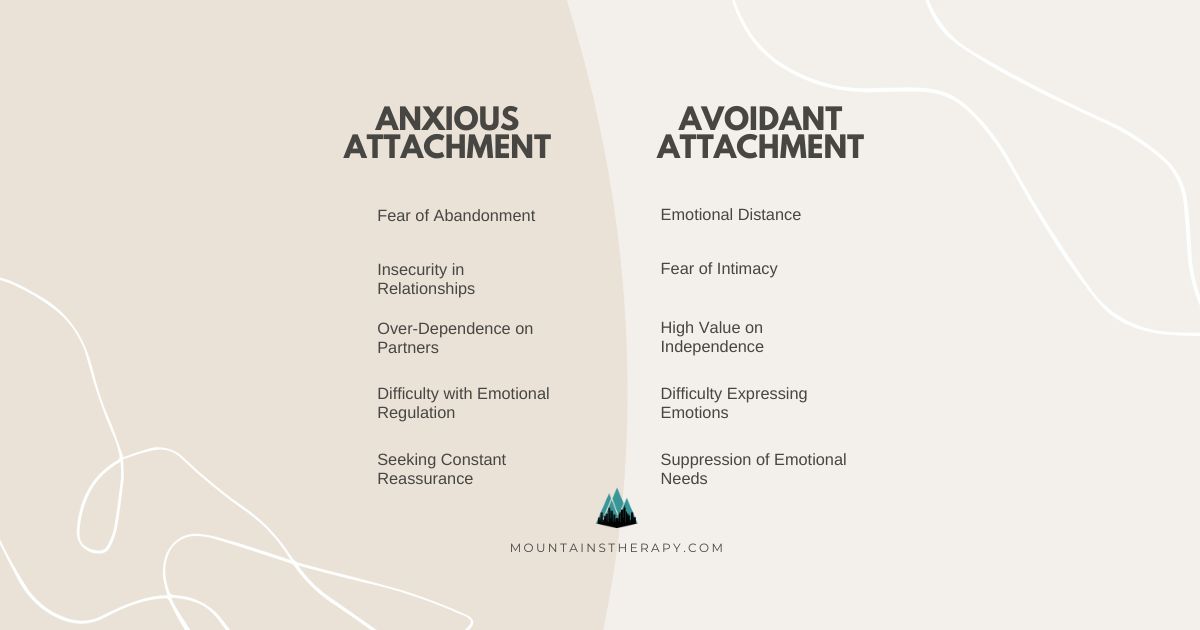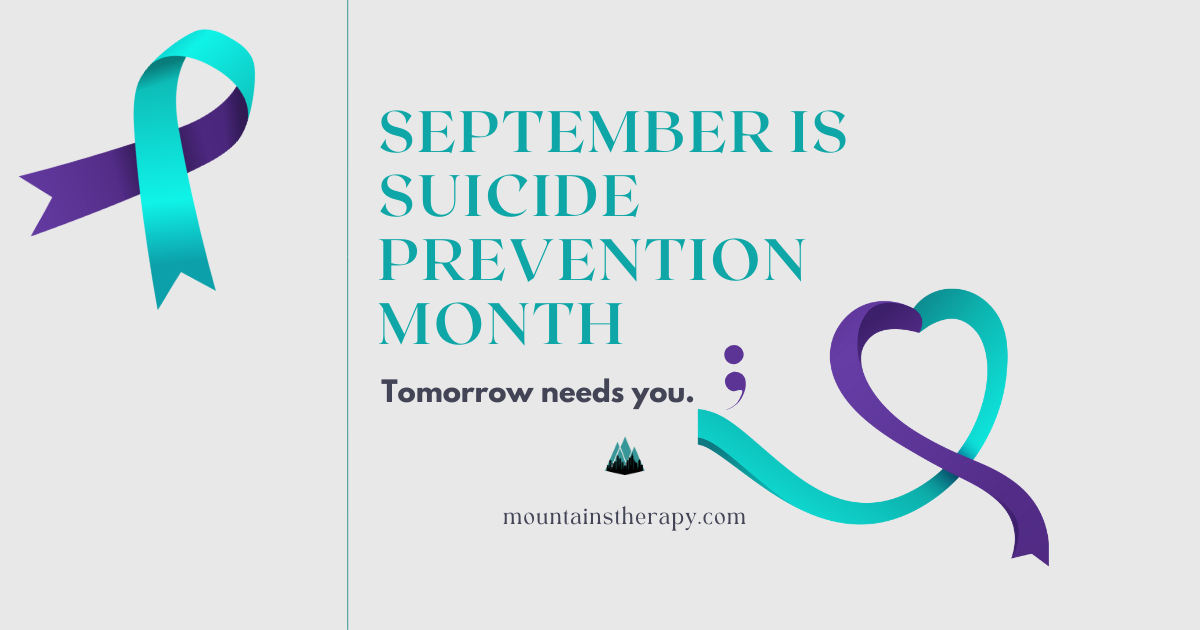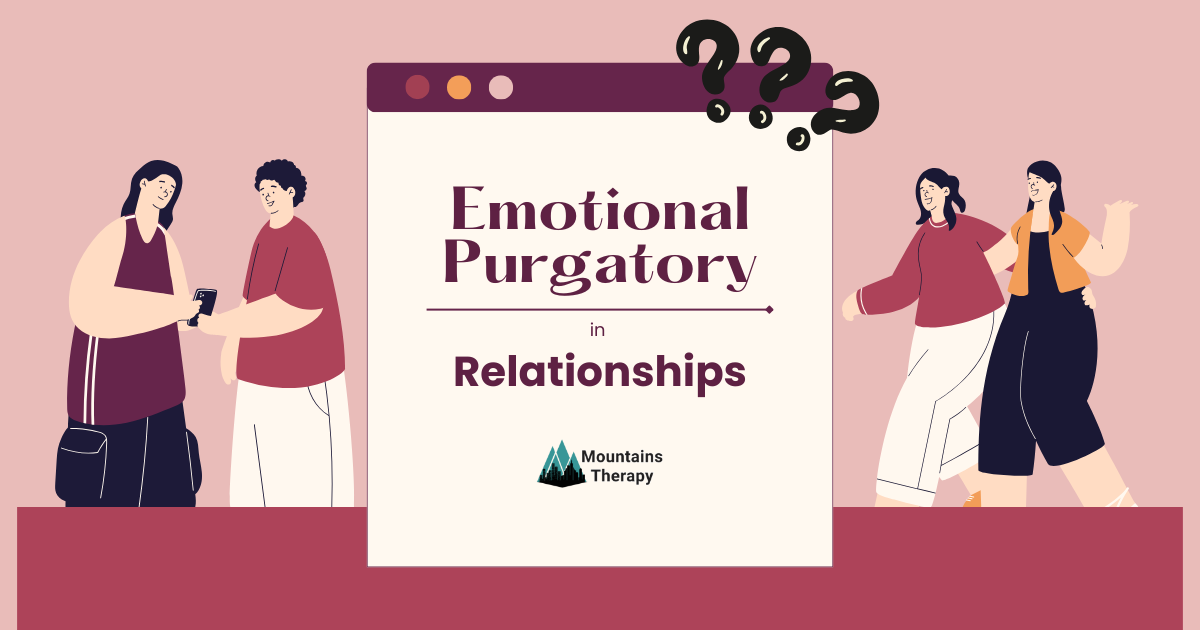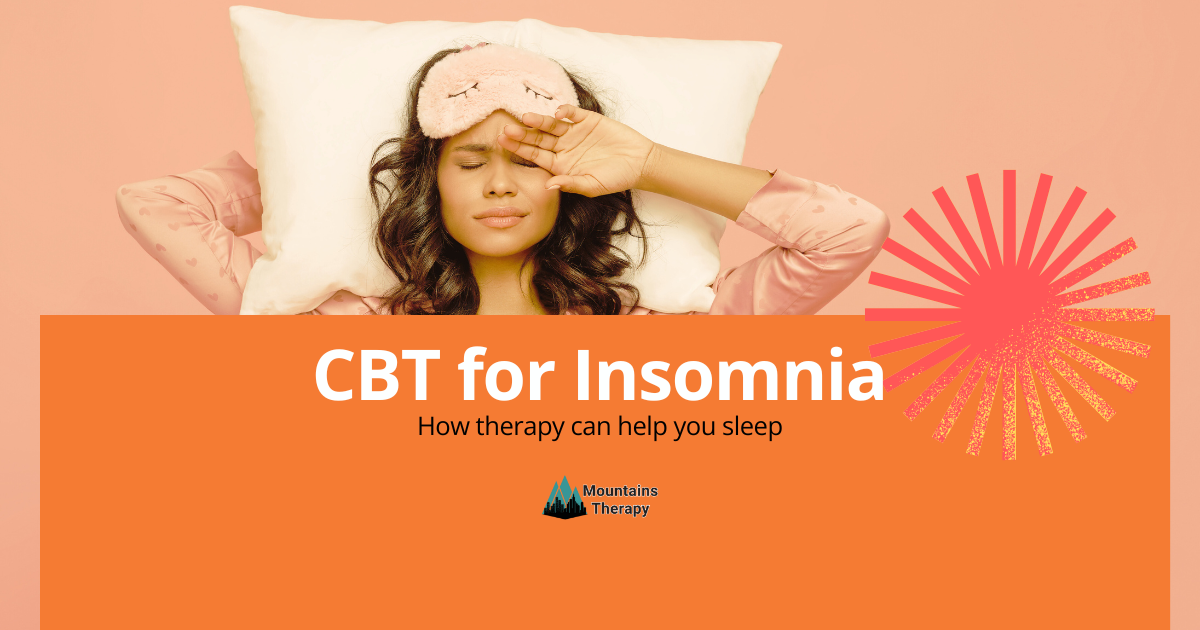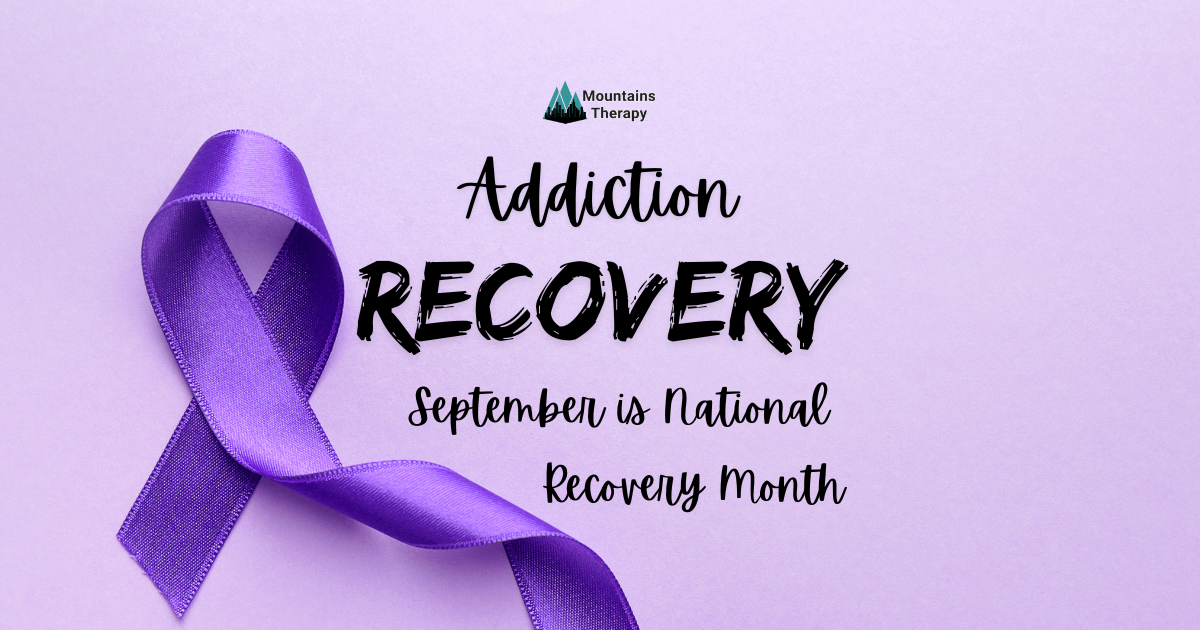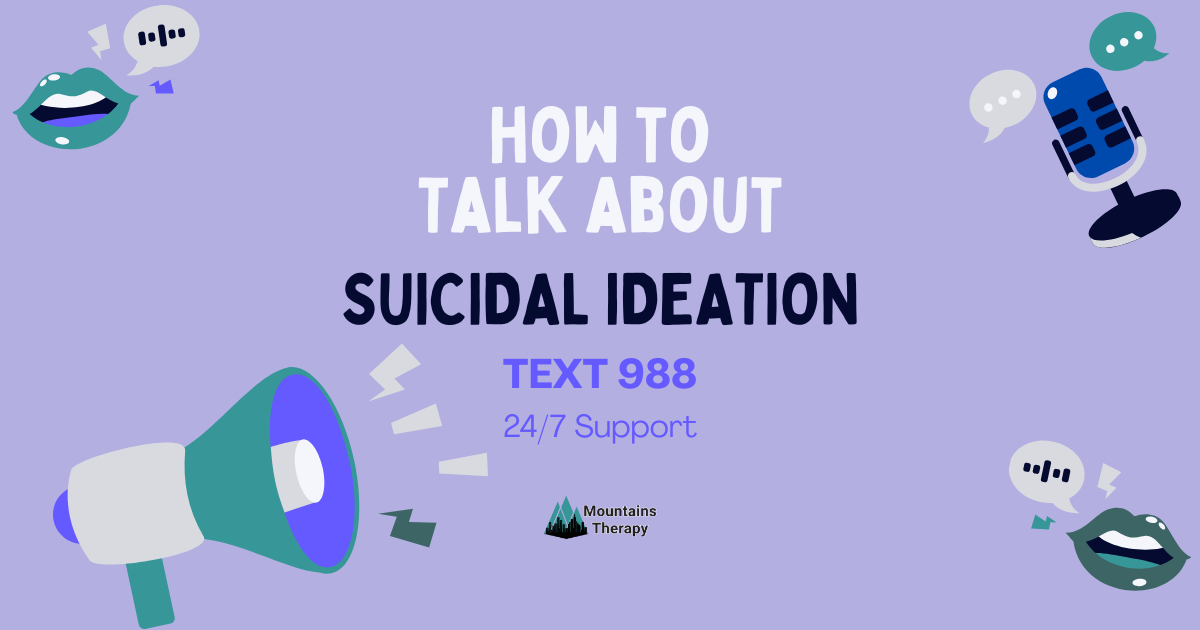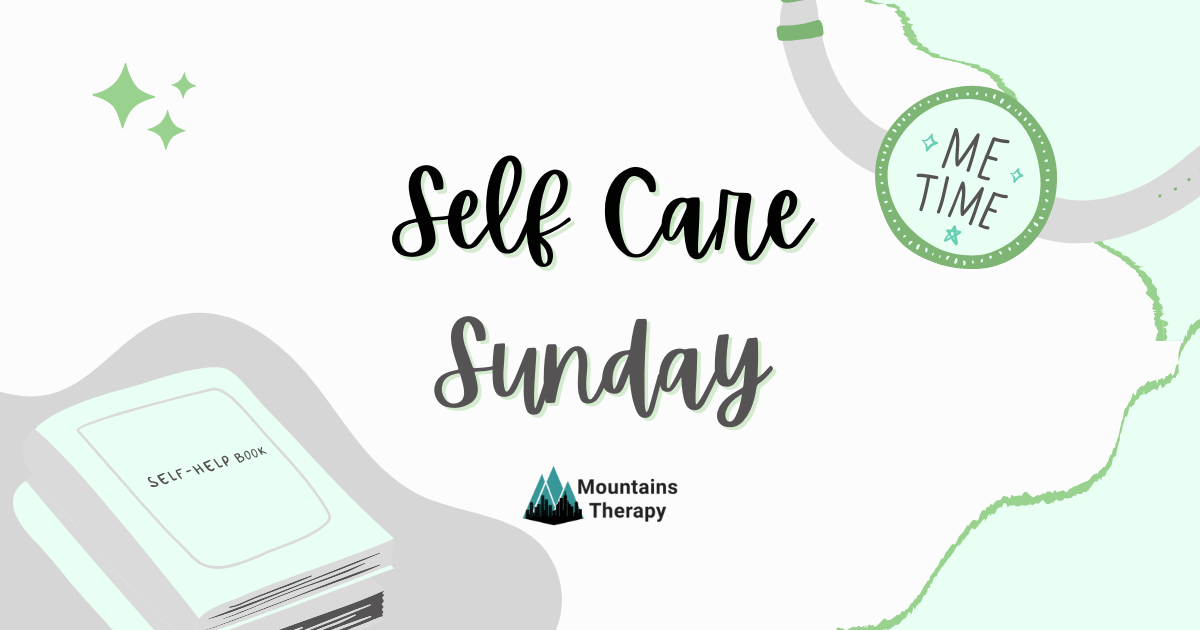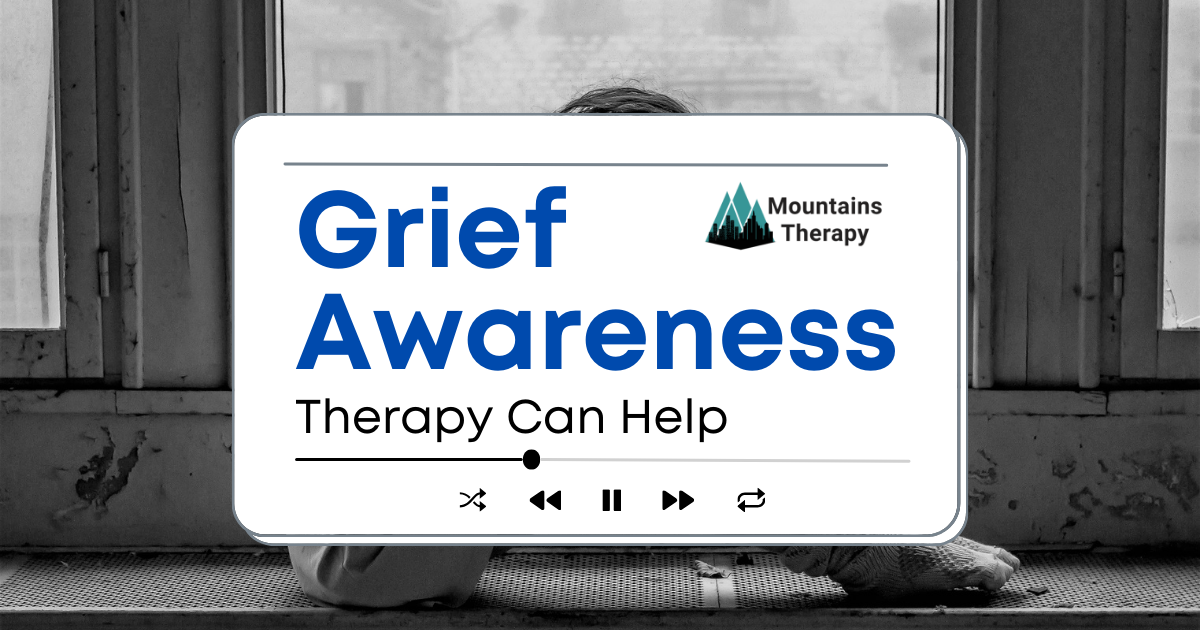How to Navigate Anxious and Avoidant Attachment in Relationships: A Practical Guide
Learn more about Relationship Therapy here and Couples Therapy here.
At Mountains Therapy, we know that relationships can be complex, especially when partners show anxious attachment or avoidant attachment tendencies. Understanding these dynamics is key to building healthier, more fulfilling connections. If you’ve ever felt stuck in a cycle of emotional push-and-pull, this blog will help you make sense of these patterns and provide actionable steps to improve your relationship.
What Are Anxious Attachment and Avoidant Attachment?
Anxious attachment often develops from inconsistent caregiving in childhood. Individuals with this attachment style may feel a constant need for reassurance, validation, and closeness from their partners. They might worry about being abandoned or not loved enough.
On the other side, avoidant attachment arises from caregivers who were emotionally distant or dismissive. Avoidantly attached individuals often value independence and may feel overwhelmed by intimacy or emotional demands from their partners.
Why Do Anxious Attachment and Avoidant Attachment Attract?
This pairing can feel like a magnet because opposites often attract, but it also creates challenges. The anxiously attached partner seeks closeness, while the avoidantly attached partner tends to pull away. This dynamic can lead to frustration, misunderstanding, and conflict, with both partners feeling unmet in their emotional needs.
How to Navigate Relationships with Anxious-Attachment and Avoidant-Attachment Partners
1. Understand Your Own Attachment Style
- Self-awareness is critical. Take time to explore your own tendencies—are you anxious, avoidant, or a combination? Working with a psychotherapist or anxious attachment therapist can provide clarity.
2. Practice Open Communication
- Use "I feel" statements to express your needs without blame. For example: "I feel anxious when plans are uncertain because I value predictability in our relationship."
3. Set Healthy Boundaries
Healthy boundaries are essential for maintaining a balanced and respectful relationship, especially when navigating anxious attachment and avoidant attachment dynamics. Establishing and respecting boundaries strengthens trust and promotes a healthier dynamic, helping both partners feel secure and valued in the relationship.
- Anxious partners:
- Focus on managing your own emotions and avoid over-relying on your partner for reassurance.
- Prioritize self-care practices like journaling, mindfulness, or engaging in hobbies that bring you joy and fulfillment.
- Set limits on how often you seek validation, and instead, practice self-soothing techniques to reduce dependency.
- Avoidant partners:
- Work on tolerating vulnerability and staying present during emotionally charged conversations.
- Commit to creating small moments of connection, such as sharing how your day went or expressing appreciation for your partner.
- Set a boundary for personal space, but also allocate time to invest in the relationship, ensuring your partner feels valued.
- Both partners:
- Agree on mutual "check-in" times to discuss relationship needs and concerns in a calm and supportive environment.
- Respect each other's personal time and space while maintaining a shared commitment to the relationship.
- Develop clear communication strategies for resolving conflicts without resorting to blame or withdrawal.
4. Challenge Negative Thoughts
- Replace thoughts like "They don’t care about me" with "They show love differently." Cognitive reframing is a key cognitive behavioral therapy exercise that can foster empathy and understanding.
5. Seek Professional Support
- A licensed therapist near me can help couples navigate these patterns effectively. Look for a couples therapist near me or a relationship counselor NJ who specializes in attachment theory.
6. Create a Secure Base
- Work together to foster security. This might mean regular check-ins, affirming each other's feelings, or learning how to soothe one another without escalating conflict.
7. Focus on Individual Growth
- Both partners should strive for personal growth. Whether through anxiety counselling, therapy for social anxiety near me, or mindfulness practices, building emotional resilience individually strengthens the relationship as a whole.
Key Tools to Build a Healthier Relationship
Here are some strategies tailored to specific needs:
- For anxious partners: Explore mindfulness-based approaches like MBCT mindfulness or individual therapy to manage emotional reactivity.
- For avoidant partners: Learn how to connect emotionally in individual therapy through therapies like EFT therapy near me (Emotionally Focused Therapy).
- Together: Consider seeking Couples Counseling or Family Therapy near me or engaging in activities that encourage intimacy without overwhelming one another.
When to Seek Help from a Professional
If you and your partner find it challenging to break the cycle of push-and-pull, it might be time to reach out to a mental health therapist near me. Therapy can provide actionable tools to manage these dynamics effectively. For those seeking specialized help, Mountains Therapy offers compassionate support tailored to your needs. Whether you’re searching for an anxious attachment therapist near me, relationship counseling NJ, or counseling near me for anxiety, our team can guide you toward building a secure and fulfilling relationship.
Contact Us Today
Let’s Rewrite Your Relationship Story in therapy. Anxious and avoidant attachment doesn’t have to define your relationship. With the right tools and support, you can create a partnership rooted in trust, understanding, and mutual growth.

